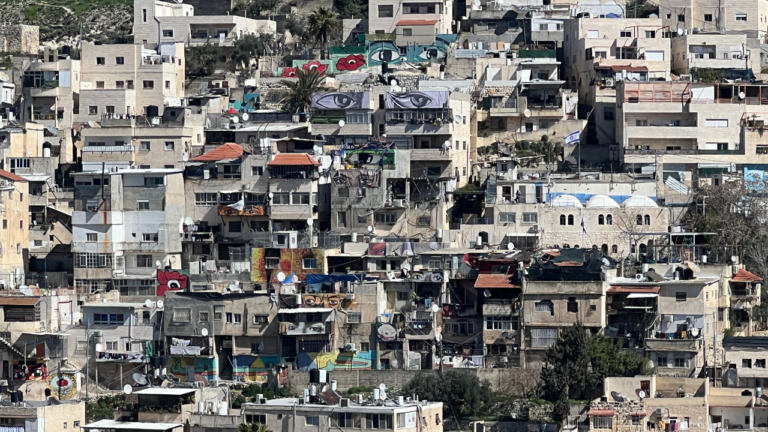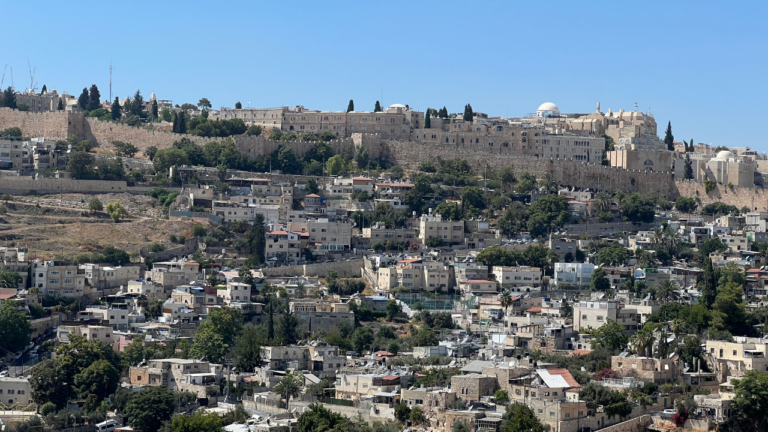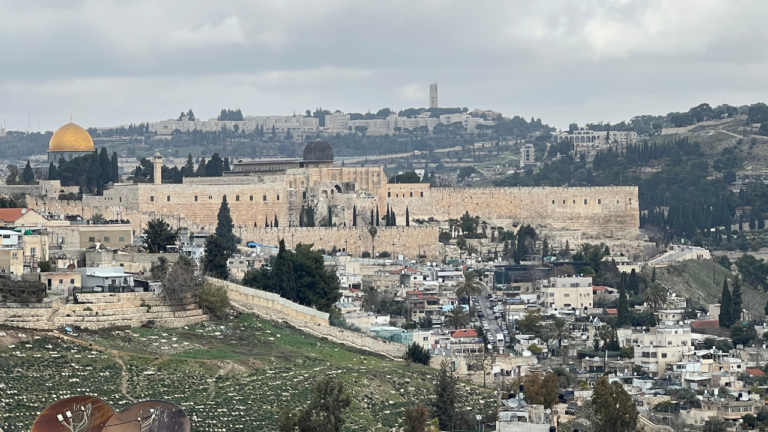A Golden Opportunity
The students of the great Amoraic sage Rav once asked him if they are permitted to travel to his beit medrash before dawn and return to their homes after nightfall (Pesachim 8a). Given the slight danger in traveling under darkness, it would normally be unadvisable to do so. To answer this query, the Gemara quotes the famous assertion of Rebbe Elazar, שלוחי מצוה אינן ניזוקין, those who are sent/travelling for a mitzvah are not harmed, whether on the way to or returning from the mitzvah. As long as the danger is not excessive and likely, a person may trust in the protection of the mitzvah and assume no harm will come to him.
(Parenthetically, no recent gadol better exemplified faith in this Gemara then the great tzaddik of Jerusalem, Rav Aryeh Levin. Stories abound of him traveling on chessed missions through the streets of Jerusalem as the Jordanians were shelling the city. His legendary visits to the leper colony are also astounding. When asked how he can be so brave, he would respond in beautiful simplicity, “the Gemara Pesachim says I have nothing to worry about.”)
The Gemara derives this rule from the Torah’s description of Karban Pesach in Devarim (16:7). The pasuk “promises” that a person will leave and return from Jerusalem finding his home totally undisturbed. Just as his property will be found complete after Pesach, he too will be in peace.
The Gemara then makes a strange transition, going on to explain why Jerusalem was not granted the luscious fruit of Ganeisar or the famed hot springs of Teveriya. If Jerusalem possessed all these amenities, the olei regalim (festival pilgrims) would possibly say that it was worth coming to Jerusalem just for its fruit, or just for its hot springs, making their mitzvah of aliyah leregel not for its own sake.
The connection between these statements is unclear. While they both generally discuss the mitzvah of aliyah leregel, there are many other statements regarding this mitzvah that the Gemara could have chosen to place here.
The Pnei Yehoshua explains that there is a profound lesson in this juxtaposition. The protective power of a mitzvah is only when the commandment is performed lishma, for the right purposes. While it is true that a person is encouraged to perform a mitzvah even with ulterior motives in mind (see Pesachim 50b), he forfeits the protection provided him when not thinking sufficiently about Hashem’s commandment. The ba’alei Chassidut explain that somebody who performs God’s will represents Him, serving as a shliach of Hashem. This provides a person with an aura of protection, a spiritual canopy that rests over him. But when one divorces the performance of the mitzvah from the Divine command, he no longer serves as this Divine messenger.
The Gemara is sending a warning. Do not expect the promise of Devarim to come true if you are traveling to Jerusalem to solely enjoy the nice amenities. You will only merit this blessing when you travel to Jerusalem to sincerely fulfill the Divine command of Korban Pesach, to experience the Divine presence in the Temple and come close to Hashem.
Baruch Hashem, the number of Jews traveling to Jerusalem for the regalim has exploded in recent years. Thankfully, the physical amenities and beauty of the city has also grown exponentially since 1967. But this also poses a challenge. We don’t travel to Yerushalayim Ir HaKodesh for nice hotels, gourmet meals, and sight-seeing tours. We go to experience the shechina, and to desperately pray at the Sha’ar HaShamayim for the opportunity to bring korbanot in Jerusalem again.
I am sure that many people are reconsidering their trips to Israel given the geopolitical climate. But I challenge those who are thinking of staying abroad; why do you generally come to Israel? Why do you come to Jerusalem? The holy city doesn’t need tourists. She needs ovdei Hashem, those who seek her spiritual essence and not childish amenities. She desires her children, her soul. This year provides us with a unique opportunity to prove what motivates our trips to the holy city, to show HaKadosh Baruch Hu that we are coming to visit him and not to enjoy ourselves.
And after all, there’s no need to worry about danger when fulfilling such a special mitzvah. The Gemara Pesachim says we have nothing to worry about.



